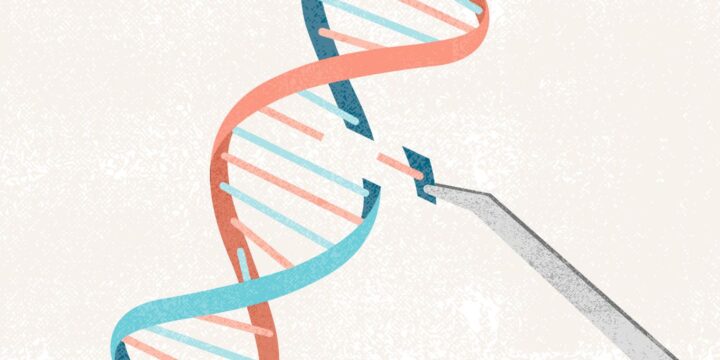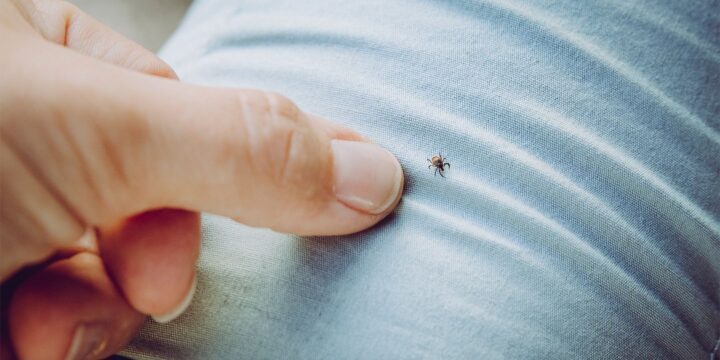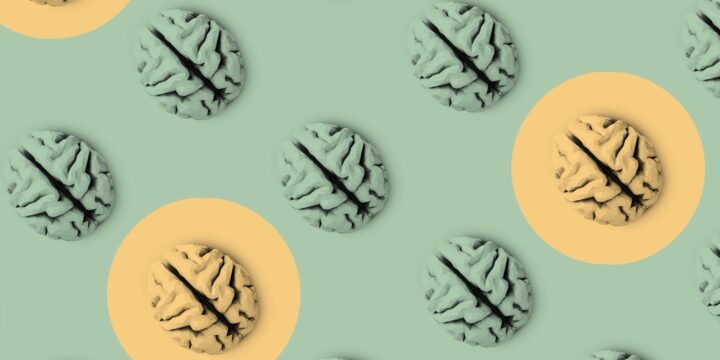
Hotter Summer Nights Tied to More Heart-Related Deaths in Men
Just a slight uptick in summer temperatures may be enough to make a lot more middle-aged men die of heart attacks, a new study suggests.Extreme and prolonged heat waves have long been linked to an increased risk of hospitalizations and deaths from cardiovascular disease events like heart attacks and strokes, particularly in regions of the world where temperatures are typically milder. But much of this research has been inconclusive about how age and sex influence the odds of these heart-related deaths.For the new study, researchers examined 15 years of data on 39,912 heart-related summertime deaths among men and women in England and Wales and 488 similar fatalities among U.S. men in the Seattle metropolitan area. These places are at parallel latitudes, with comparable climates and similarly low usage of residential air-conditioning, the…







